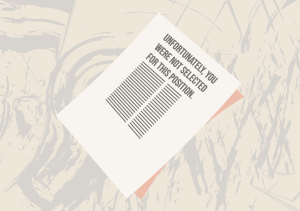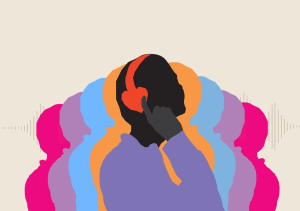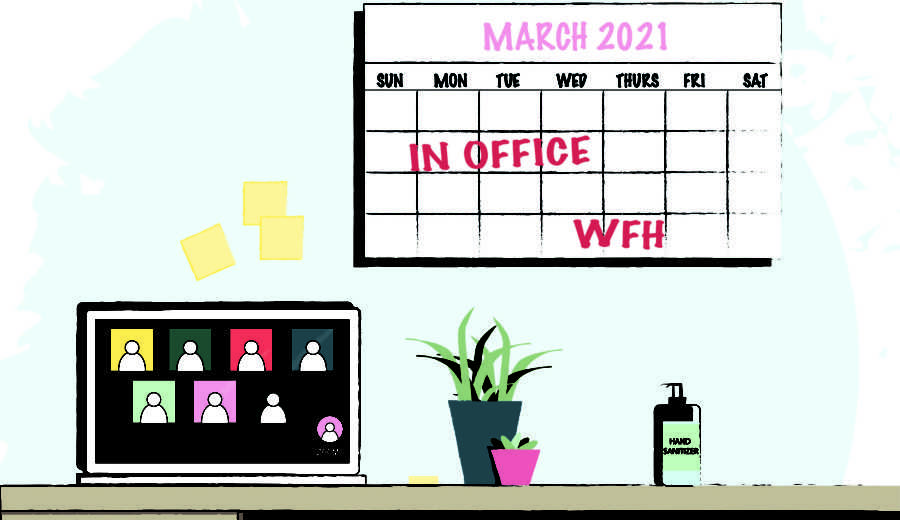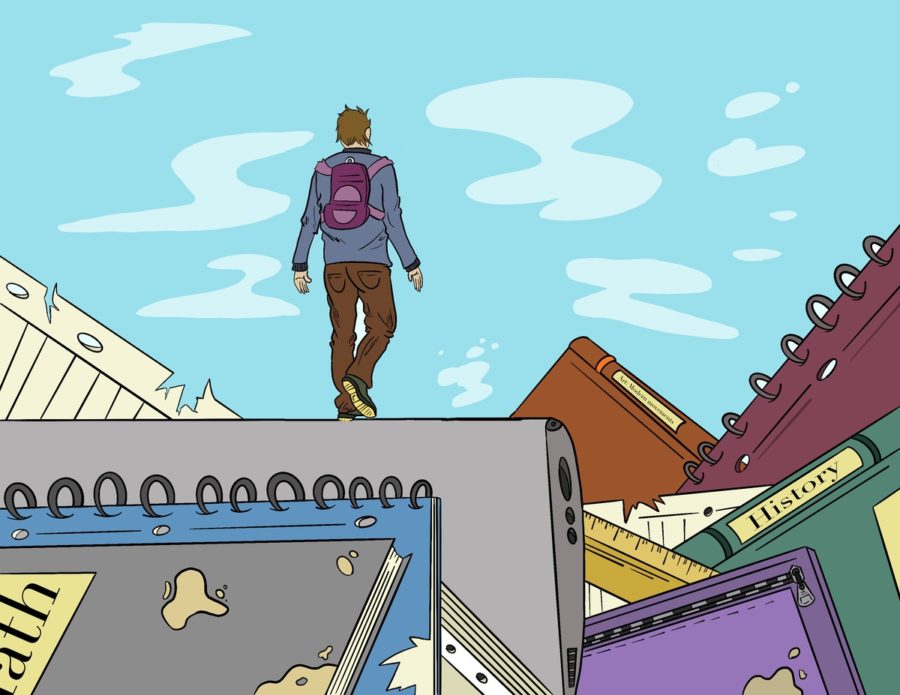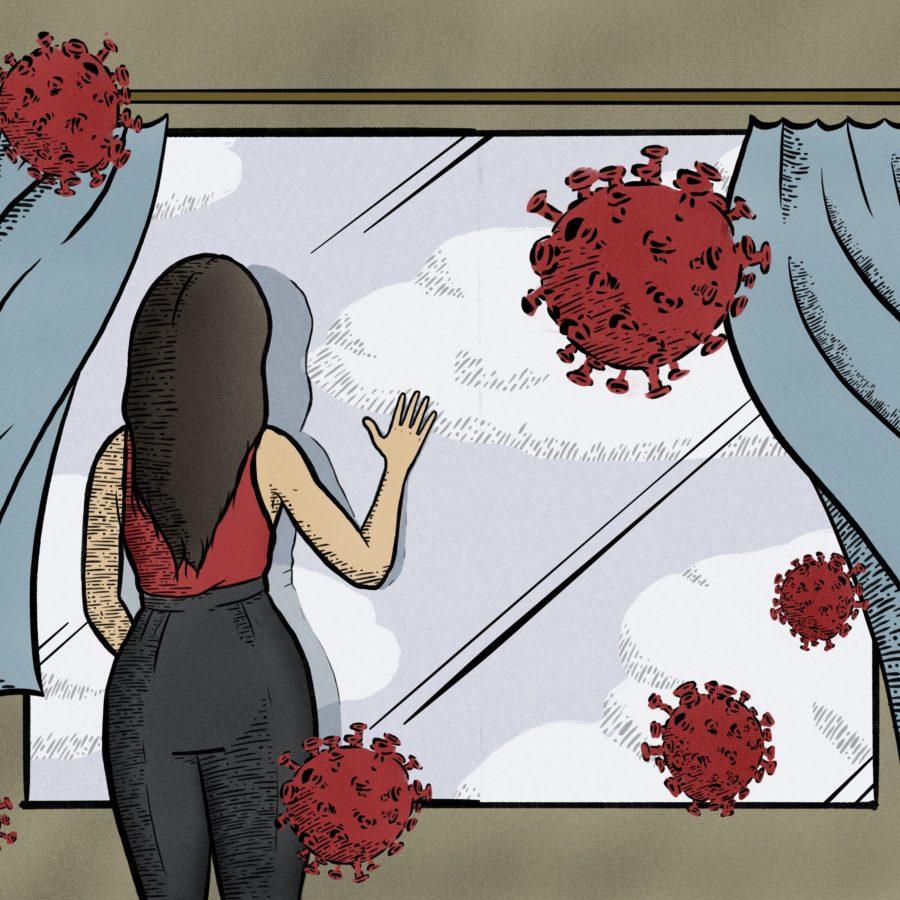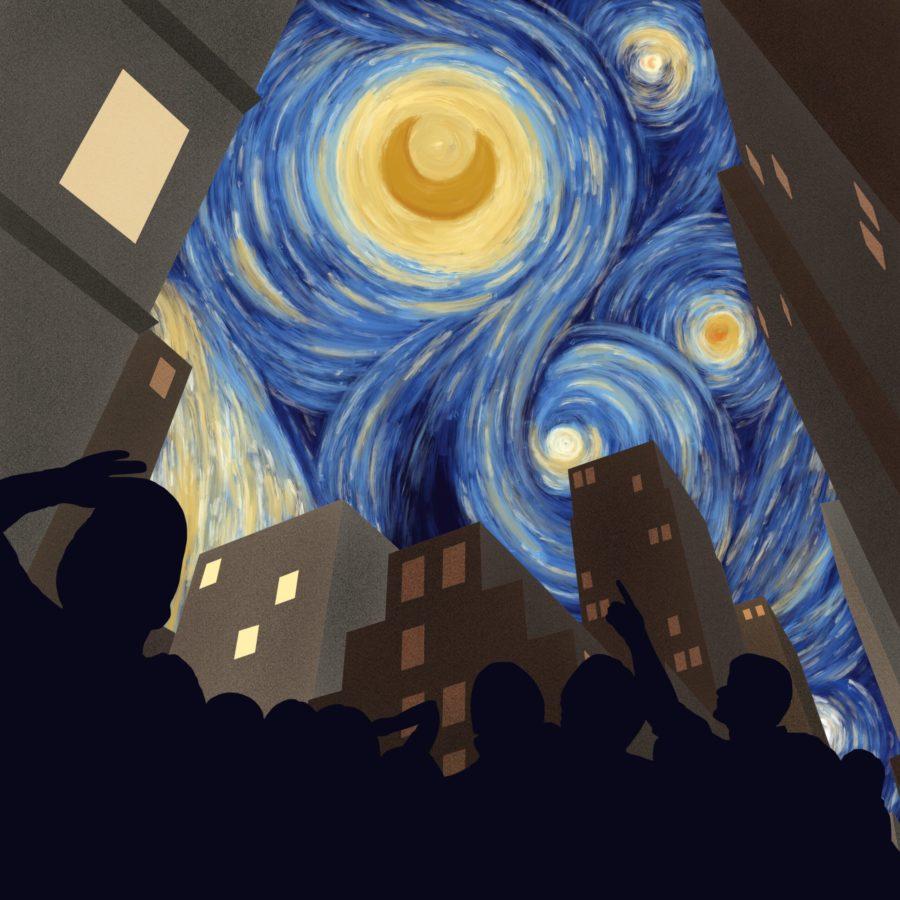Illustration by Jocelyn Burton
Ever since the COVID-19 pandemic started, it’s been an ongoing struggle of fears and unknowns. We are all stuck wondering: will things ever go back to normal? Unfortunately, the virus isn’t going anywhere, but it can start to progressively be less prevalent. COVID-19 is here to stay for now, but we can look forward to the vaccine. Even as the virus hopefully becomes controlled, what will life after COVID-19 look like? Here are some opinions and reflections about the current state of the virus and what could happen after.
AFTER CORONAVIRUS AND HEALTH REGULATIONS
Health care regulations seem to be on the rise, but how will they affect us after the pandemic? Most likely, the Center for Disease Control will release guidelines during sick seasons limiting the number of people who can gather at a single point in time. This only makes sense, in that people are suffering, can’t go to work, and should this happen again more families could be in jeopardy all over again. Most businesses and frontline workers are expecting people to be quarantined for 14 days after infection. This probably will not stop any time soon. Even after the virus starts to die down, these precautions will still be needed to stop the spread. Because of your ability to infect someone else, it is likely getting sick with the virus or being exposed to it will require you to stay home for two weeks or more.
AFTER CORONAVIRUS AND MENTAL HEALTH EFFECTS
The CDC reports that 40% of adults report struggling with substance abuse and other mental health issues during the pandemic. The pandemic has shown the need for an increase in the amount of mental health services accessible to the public. Betterhelp.com, an online therapist website, has been helpful during the pandemic, functioning so that people can continue to be served in the comfort of their own homes. I expect that more telehealth communication will be available to people who can’t afford the traditional service. My experience in this pandemic has been a decrease in the number of appointments I’ve been able to have because of the number of us that need to have telehealth communication. Ideally, keeping online communications in place after the pandemic could have a better effect on people suffering.
AFTER CORONAVIRUS AND EDUCATION
Due to the large number of people packed into rooms at universities and traditional schools, decreasing class sizes and on-site sanitation measures will likely remain. As I’ve stated, the coronavirus is here to stay. Because of the extreme confusion I’ve witnessed with the switch to online learning, I expect there likely will be measures to decrease the spread of infection in order to avoid working parents from having to homeschool their kids and college students from being stuck in dorms and online learning. For me, online learning has been an ineffective and difficult environment to learn in. In my opinion, schools are necessary to remain in-person so that students can learn social skills and have access to hands-on-learning. There also could be a system in place to perfect remote learning to avoid the confusion and struggles that come with it.
AFTER CORONAVIRUS AND RELATIONSHIPS
I know we’ve all struggled without seeing our family and loved ones, and it can put a strain on relationships. I imagine we will see more respect for one another and cherish our in-person memories more than we ever have before. Humans are made for social interaction and the lack of it can affect mental health and lead to feelings of overwhelming loneliness. When we all can finally get back together, I imagine a wealth of relief and appreciation of those we remain close to.
Hang in there and remember although this will likely never go away, it eventually will decline. It leaves us with all kinds of questions about the direction of this country. Should this ever happen again, we will all be more equipped to handle it.





